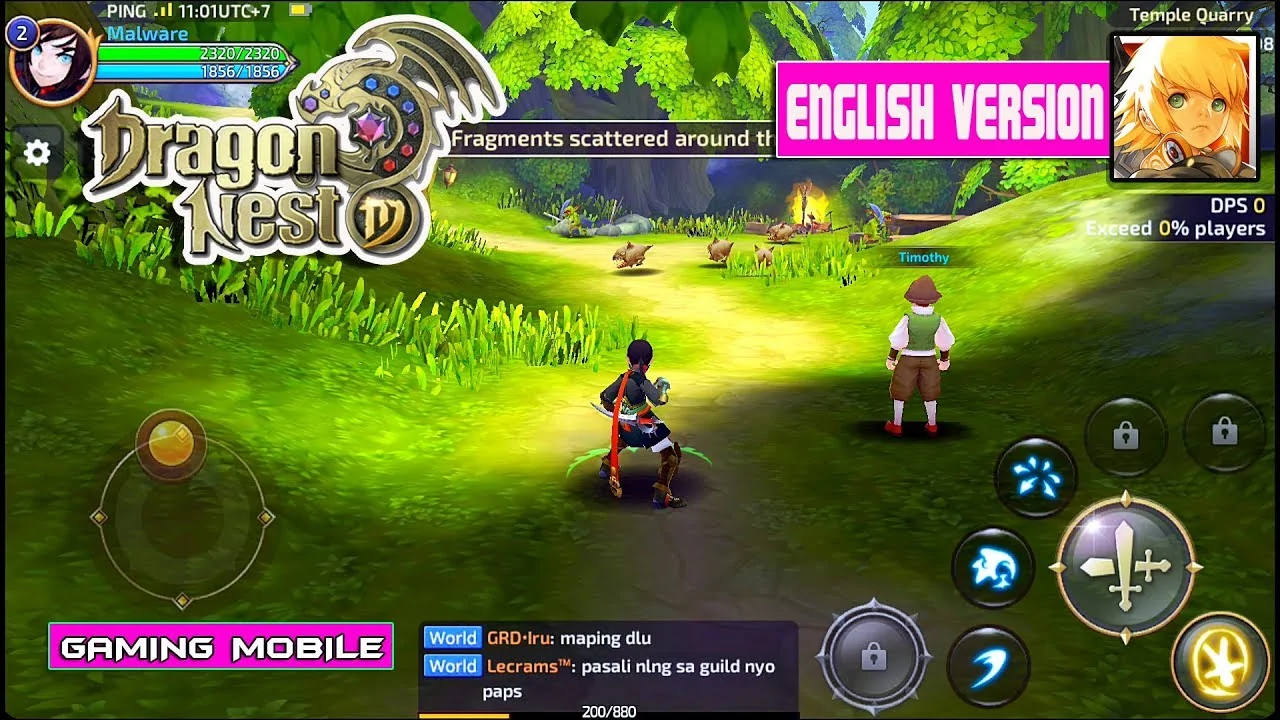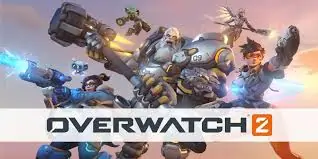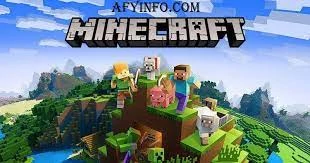Differences between MONOPOLY GO! with online poker games are two types of games that differ in terms of rules, objectives and game process. Here are some specific differences between the two games:
Topics and Objectives:
MONOPOLY GO!: Generally based on the Monopoly board game, where the aim is to buy, sell, and rent property to collect money and beat other players by driving them into bankruptcy.
Online poker: This is a card game where players bet based on the strength of their card combinations. The goal is to win money or chips from other players.
Game Process:
MONOPOLY GO!: Players roll the dice to move around the board, buying property, paying rent, and applying tactics based on the cards they draw and the decisions they make.
Online poker: Players are dealt cards, they make bets based on the strength of their cards, and the player with the best hand combination or the last player left after the others have given up wins the pot.
Tactics:
MONOPOLY GO!: Tactics involve deciding which property to buy, when to sell or trade, and how to maximize rental income.
Online poker: Tactics involve knowing when to bet, when to raise the bet, when to surrender, and understanding your opponent’s psychology.
Components of Luck:
MONOPOLY GO!: There is a crucial luck component in the roll of the dice and the cards drawn.
Online poker: Even though the cards dealt are random, there is a lot more skill and strategy involved in how a player bets and plays their hand.
Base:
MONOPOLY GO!: Can be played on a variety of platforms, including digital versions on mobile phones or tablets.
Online poker: As the name suggests, played online, often via a website or special program.
Social Relations:
MONOPOLY GO!: In the digital version, there may be chat or other relationships with players.
Online poker: There is often a chat feature, and understanding your opponent’s actions and habits is an important part of the strategy.
These two games offer different experiences to players, with “MONOPOLY GO!” prioritizing property-based tactics and online poker prioritizing card playing skills and psychology.
The advantages
Please review the advantages of each game, both “MONOPOLY GO!” or online poker:
MONOPOLY GO!
Financial Education: MONOPOLY GO! teaches some of the basics of financial management, negotiation, and investing to players, albeit in a simplified setting.
Tactics: Requires vital considerations regarding property purchases, house/hotel placement, and trade agreements with other players.
Social Relationships: These games often require negotiation with other players, which promotes social skills.
Players of All Ages: MONOPOLY GO! Suitable for all age groups, making it a good choice for a family activity.
Shrinking Attachment: Unlike some online games, MONOPOLY GO! has a clear endpoint, namely when one player leads the board and the other goes bust.
Online Poker
Skills and Tactics: Poker is not just about luck; requires skill, basic math knowledge, and the ability to read enemies.
Easy Access: Can be played anytime, anywhere, as long as there is internet access.
Types: There are several types of poker such as Texas Hold’em, Omaha, Seven-card Stud, etc., which provide types and odds.
The Power of Financial Gains: Unlike most other games, players can win (or lose) real money when playing online poker.
Communes: Many online poker platforms have strong communities, with communities, competitions, and special events.
Although both have their respective advantages, the option between “MONOPOLY GO!” and online poker ultimately depends on the player’s individual options. Some prefer the learning and interactive factors of MONOPOLY, DEWAPOKER while others may be attracted to the tactics and financial return power of poker.
Bonuses Given
Well “MONOPOLY GO!” or online poker generally offers a variety of bonuses and incentives to increase player engagement and attract new players. The following are examples of bonuses that may be given by both types of games:
MONOPOLY GO! (or other types of online Monopoly games):
Daily Bonus: Players may get prizes every time they log in to the game every day.
Bonuses for New Players: Games may offer additional credits or resources to players who are registering or playing for the first time.
Achievement Bonuses: When players achieve certain achievements or complete obstacles, they may be awarded bonuses.
Referral Bonus: Inviting friends or family to play may give players certain bonuses.
Random Promos: At certain times (for example, holidays or game birthdays), there may be special promos or bonuses on offer.
Online Poker:
Deposit Bonus: Many online poker websites offer bonuses to players who make their first deposit or repeat deposits.
Loyalty Bonus: Some sites offer points or other incentives to players who play frequently or have played for a certain period of time.
Free Competitions: As an incentive, players may be given access to free competitions with real money prizes.
Referral Bonus: Players may be given a bonus for recommending the site to friends or family.
Special Promos: Many poker websites have promotional promotions or special events that provide bonuses or other prizes to players.
Please note that this bonus may differ depending on the specific platform or website. It is also important to always check the terms and conditions before accepting any bonus to ensure full knowledge of the terms.
Requirements to be able to join and play
Requirements to join and play “MONOPOLY GO!” or online poker may vary depending on the specific basis and jurisdiction, but here are some general requirements that likely apply:
MONOPOLY GO! (or other types of online Monopoly games):
Age: Although “MONOPOLY GO!” may be considered suitable for all ages, some platforms may have a minimum age limit to create an account.
Registration: You may need to create an account by providing basic information such as user name, e-mail address, and password.
Internet Network: To play versus online, you will need constant internet access.
Device: Depending on the platform, you may need a cellphone, tablet, or computer with certain features to play the games.
User Agreement: You may need to agree to service terms or user agreement before playing DEWAPOKER .
Online Poker:
Age: There is usually an age limit for playing poker online, often a minimum of 18 or 21 years depending on the jurisdiction.
Location: Not all jurisdictions allow online poker for real money. You may need to be in a certain country or region to play.
Identity Clarification: Many poker websites require identity clarification to ensure compliance with anti-money laundering regulations and age requirements.
Registration: Similar to “MONOPOLY GO!”, you will need to register and provide basic information.
Capital: To play poker for real money, you will need to deposit money into your account.
Devices and Internet Network: As with “MONOPOLY GO!”, you will need suitable devices and internet access.
User Agreement: You must agree to the terms of service and possibly other terms that apply to that poker platform.
Always remember to check the terms and conditions of a particular platform or website before registering. If you plan to play poker online for real money, be sure to understand the laws and regulations in your jurisdiction.
Game Guide
Would you like a guide to “MONOPOLY GO!” or online poker? Both are complex games with several rules and nuances. To give a brief description, I will give a basic tutorial for each game:
MONOPOLY GO! (or other types of online Monopoly games):
Game Goal: The aim is to monopolize the board and cause other players to go bankrupt.
Start Playing: Each player starts with a certain amount of money (usually $1500 in the classic version) and starts at “START”.
Playing Changes:
Players roll the virtual dice and move their tokens along the numbers.
If players land on land they don’t yet own, they can buy it. If not, they have to pay rent to the owner.
If players have all the properties in a color, they can start building houses and hotels to increase rent.
Jail: Players can go to jail for various reasons. To get out, they can pay a fine, use a “Get Out of Jail Free” card, or roll a double dice.
Fortune Cards and Commune Cards: When players land on these squares, they pick up cards that give certain orders or rewards.
Bankruptcy: If a player cannot pay rent or fines, they go bankrupt and leave the game.
Win: The game continues until all players except one fold.
Online Poker:
Game Goal: The aim is to win chips or money from other players.
Some basics:
Each player is dealt two individual cards.
Five community cards are placed in the center of the table.
Players use the best combination of 5 cards to make the best poker hand.
Play Levels:
Pre-Flop: After receiving the cards, the player bets or checks.
Flop: The first three community cards are placed in the middle. Continuous betting.
Turn: The 4th community card is placed in the middle. Continuous betting.
River: The 5th and final community card placed in the middle. Continuous betting.
Showdown: If more than one player remains, the cards are shown and the player with the best hand wins.
Poker Hands: The strongest poker hand positions are Royal Flush, Straight Flush, Four of a Kind, Full House, Flush, Straight, Three of a Kind, Two Pairs, One Pair, and High Card.
Betting: At each stage, players can check, bet, raise, or fold.
The guide above is a brief description of both games. To learn and understand more nuances and tactics, it is recommended to watch official tutorials, how-to videos, or other learning resources for each game.
Benefits
Well “MONOPOLY GO!” or online poker has certain benefits for the players, although playing games must continue to be moderated.
MONOPOLY GO! (or other types of online Monopoly games):
Financial Management Skills: MONOPOLY teaches players the importance of resource allocation, asset control, and investment tactics (albeit in a simplified framework).
Decision Making and Tactics: Players learn to make decisions based on available information, take calculated negative impacts, and plan for the long term.
Negotiation: MONOPOLY often requires negotiation between players, which can improve communication and bargaining skills.
Social Skills: Playing games with friends or family can improve social relationships and strengthen bonds.
Patience: This game can last quite a long time, so it teaches players to be patient and still concentrate.
Online Poker:
Decision Making: Poker teaches players to make quick decisions based on limited information.
Mathematical Skills: Players often use probability and statistics to calculate the chances of their hand winning or calculate “pot odds”.
Psychology: Understanding your opponents, predicting their actions, and controlling your emotions is an important part of poker.
Negative Impact Management: Poker teaches the importance of understanding and managing negative impacts, especially in the context of betting.
Patience and Discipline: Poker often requires players to wait for good hands and not rush when making decisions.
Of course, although there are benefits, there is also the potential for negative impacts and losses, especially in online poker where real money can be lost. It’s always important to play responsibly, set limits, and understand that games should be a source of entertainment, not a way to earn money or replace productive daily activities.
What age is allowed to play
Age allowed to play “MONOPOLY GO!” or online poker will vary depending on the type of game, base, and jurisdiction or country where the player is located.
MONOPOLY GO! (or other types of online Monopoly games):
Reference Age: MONOPOLY’s physical boards generally have a reference age, often starting from eight years and up. However, the digital version may have different requirements, especially if there is a purchase element in the program.
Additional Thoughts: If the game has a purchase feature in the program or social connection, the basis may determine a higher minimum age, such as 13 years or older, in accordance with child privacy protection laws in some countries.
Online Poker:
Legal Age: Typically, to play poker online, especially when involving real money, players must be at least 18 years old in some jurisdictions. However, in some countries or regions, the age limit can be 21 years.
Clarification: Official online poker websites generally have a clarification process to ensure players meet the minimum age limit.
Additional Thoughts: Some countries have strict regulations or complete bans on online betting, including poker. It is always important to ensure that you meet the age and legal requirements in your jurisdiction before playing.
As a side note, it is always a good idea for parents or guardians to supervise the gaming activities of children or teenagers and make sure that they understand the potential negative impacts, especially with games that involve social relationships or financial business transactions.









